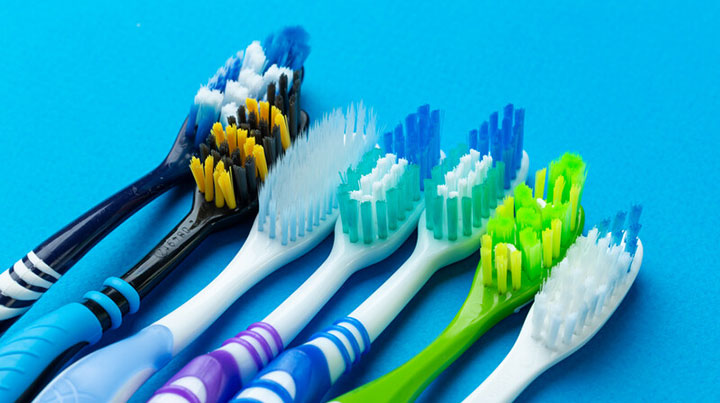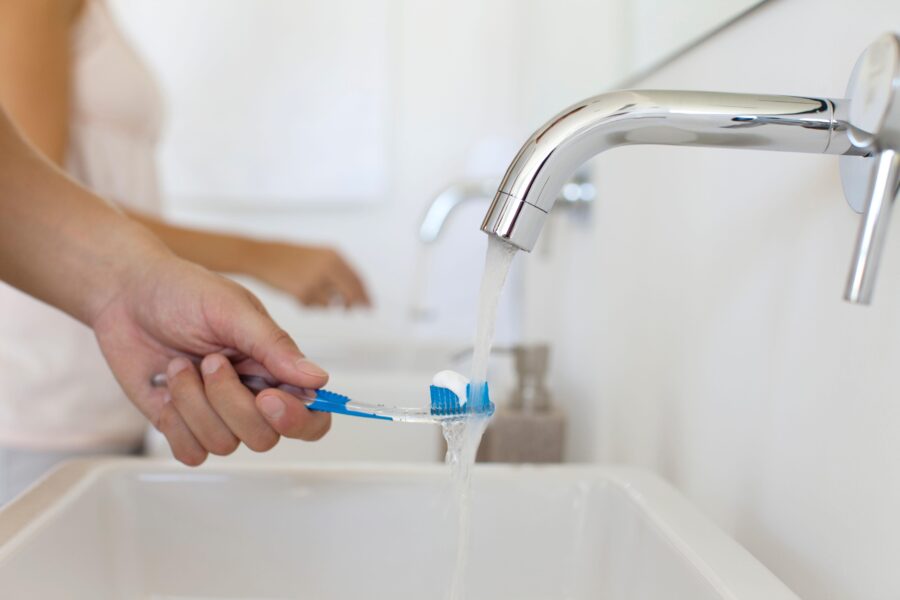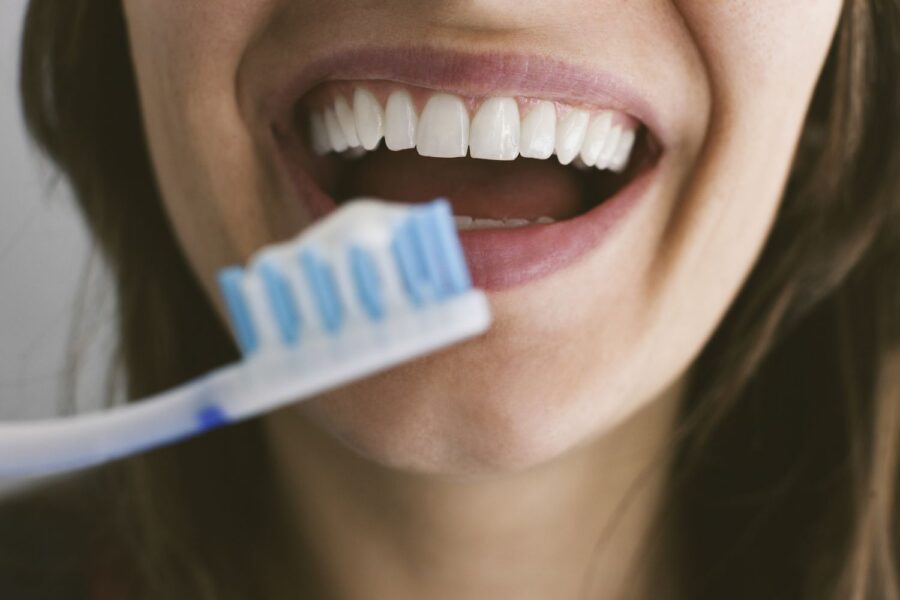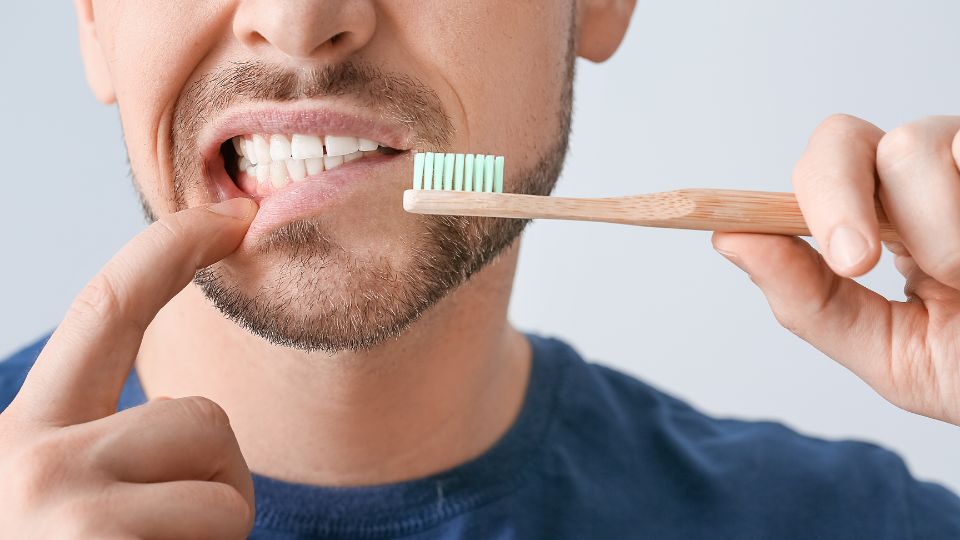Wisdom enamel extraction is a standard dental procedure many people undergo sooner or later. While it could offer a remedy for pain and soreness, taking proper care of your oral health is crucial. One essential issue of this care is learning to brush your teeth after expert teeth extraction. Maintaining correct oral hygiene is very important for a healthy life.
Taking proper care of your mouth is essential for restoration without any problem. Failing to take care of your mouth correctly can result in complications, infection, dry socket, and behind-schedule recovery. Your mouth can feel sensitive after the surgery, which may make you fearful about brushing your teeth. Wolli Creek Wisdom teeth removal is a trusted dental clinic known for its skilled surgeons and comfortable procedures. Here is a comprehensive guide on how to brush teeth after wisdom tooth extraction.
Understanding Wisdom Tooth Extraction

Before delving into the specifics of post-extraction oral care, it is critical to recognize what occurs during a wisdom teeth extraction. Wisdom teeth, called third molars, generally emerge in late adolescence or early adulthood. However, those teeth often don’t have enough area to grow properly, leading to various dental problems.
Wisdom enamel extraction is generally carried out through an oral physician or dentist under local anesthesia, sedation, or general anesthesia, depending on the complexity of the process. After the extraction, proper care is essential to prevent headaches and ensure a speedy recuperation.
The Importance Of Post-Extraction Oral Care
Maintaining appropriate oral hygiene is essential. Here’s why post-extraction oral care is so critical:
- Preventing Infection: The extraction site is prone to microorganisms and contamination. Proper hygiene can assist in keeping these dangers at bay.
- Promoting Healing: Effective care can speed up the restoration manner and reduce soreness.
- Minimizing Pain: Gentle oral care can prevent pain and soreness associated with debris and microorganisms coming into the extraction site.
- Avoiding Dry Socket: A dry socket is painful when the blood clot at the extraction site dislodges prematurely. Good oral hygiene can assist in preventing it.
Supplies Needed For Oral Care

Before you begin brushing your teeth after wisdom tooth extraction, gather the following components:
- Soft-Bristled Toothbrush: Choose a toothbrush with smooth bristles to prevent infection and damage to the extraction site.
- Toothpaste: Opt for a slight, non-abrasive toothpaste. Some dentists recommend using toothpaste without fluoride during the preliminary healing phase to minimize the danger of infection.
- Salt Water Rinse: Prepare a saltwater rinse by dissolving half a teaspoon of salt in a cup of warm water. This will assist in maintaining the extraction site easily and promote recovery.
- Gauze or Sterile Cotton Swabs: You may also need these to clean around the extraction site softly.
Step-By-Step Guide To Brushing Your Teeth After Wisdom Tooth Extraction
Here is the step-by-step guide on how to brush your teeth after the enamel extraction:
Step 1: Wash Your Hands
Before touching your mouth or any oral care materials, thoroughly wash your hands with soap and water to prevent introducing bacteria into your mouth.
Step 2: Rinse Your Mouth
Gently rinse your mouth with the prepared salt water solution. This will help clean the region around the extraction site and reduce the risk of contamination.
Step 3: Wet Your Toothbrush

Dampen your soft-bristled toothbrush with lukewarm water. Avoid hot or cold water, as severe temperatures may be uncomfortable.
Step 4: Apply Toothpaste
Squeeze a pea-sized quantity of toothpaste onto your toothbrush. If your dentist recommends fluoride-free toothpaste, make sure you are using a suitable product.
Step 5: Brush Gently
Start brushing your teeth away from the extraction site with a mild touch. Focus on the back and front surfaces of your teeth, tongue and mouth’s roof. Avoid brushing the extraction site itself during the preliminary days of recuperation.
Step 6: Rinse Thoroughly
After brushing for about two minutes, rinse your mouth with plain water to dispose of any remaining toothpaste.
Step 7: Clean Around the Extraction Site

If your dentist recommends cleaning around the extraction site, use a piece of sterile gauze or a cotton swab moistened with salt water to wipe the place gently. Be very careful no longer to dislodge the blood clot.
Step 8: Rinse Again
Rinse your mouth again with the saltwater solution. This will help clean the area quickly.
Step 9: Dispose of Gauze or Cotton Swabs Properly
If you use gauze or cotton swabs, dispose of them according to your dentist’s instructions.
Step 10: Wash Your Hands Again
After completing your oral care, wash your hands very well all over again.
Additional Tips for Post-Extraction Oral Care

In addition to brushing your tooth, there are some essential tips to follow during your enamel extraction healing:
- Avoid Spicy or Hot Foods: These irritate the extraction site. Stick to smooth and mild foods during the initial days.
- Stay Hydrated: Drink lots of water to stay hydrated and promote healing.
- Don’t Smoke: Smoking can put off restoration and boost the risk of headaches. It’s essential to avoid smoking during your recovery.
- Take Pain Killers: If your dentist recommends a pain medication, take it to manage discomfort.
- Avoid Alcohol-Based Mouthwash: Alcohol-based mouthwash can be harsh at the extraction site. You should choose a mild and alcohol-free mouthwash if necessary.
- Attend Appointments: You should also attend follow-up appointments with your dentist or oral health care provider to keep a check on your recovery process.
Conclusion
Properly being concerned for oral health after wisdom tooth extraction is crucial for an easy, fear-free recovery. You can maintain the right oral hygiene by following the steps mentioned in this article and adhering to your dentist’s instructions. By doing so, you can also ensure a quick and comfortable healing. Remember that everybody’s recovery time varies, so seek advice from your dental healthcare expert for personalized suggestions during your restoration process. Your dedication to proper oral care will lead to a soft recovery and cause a healthier and happier smile in the future.




